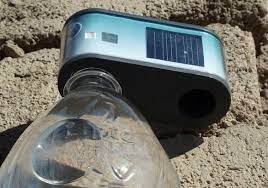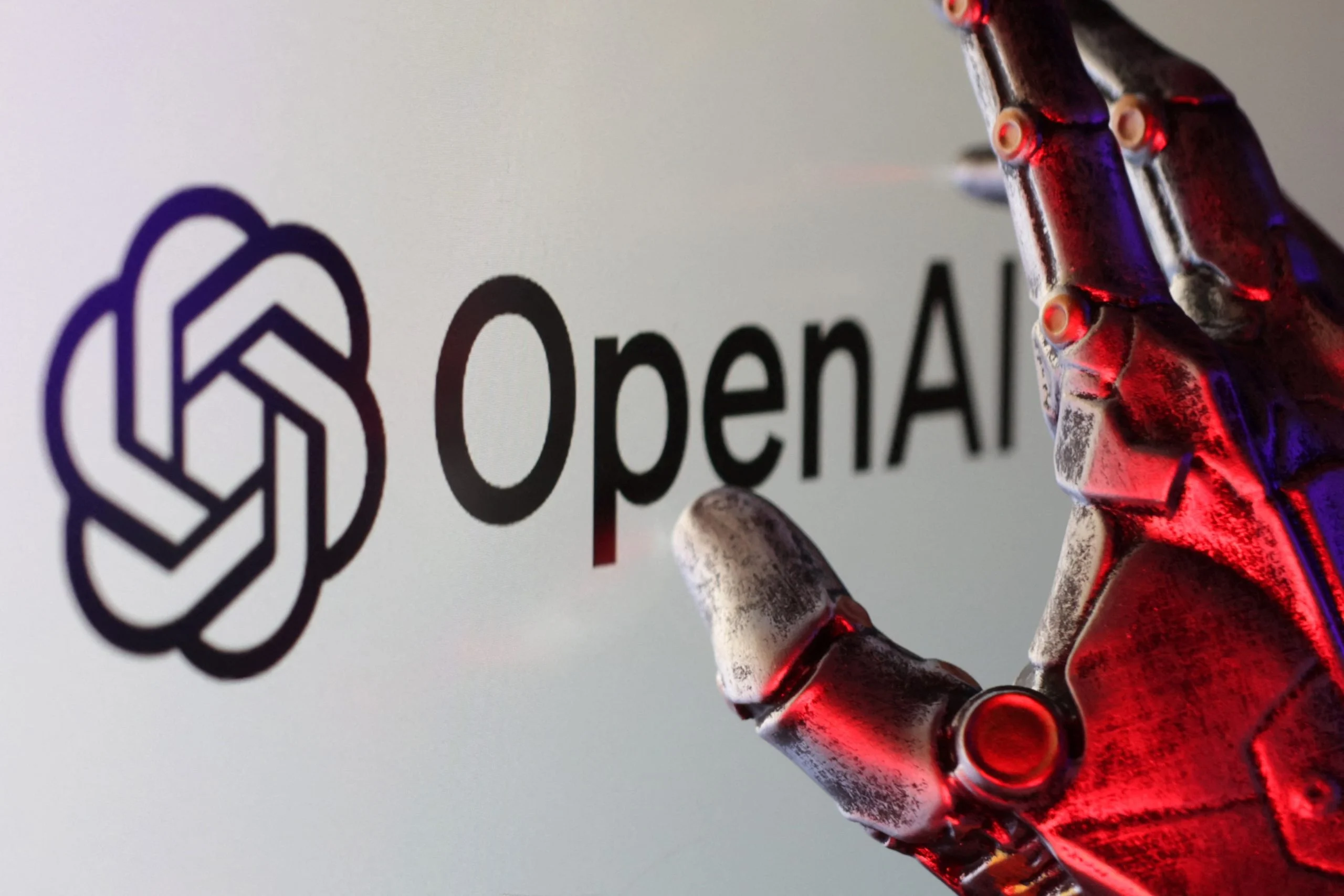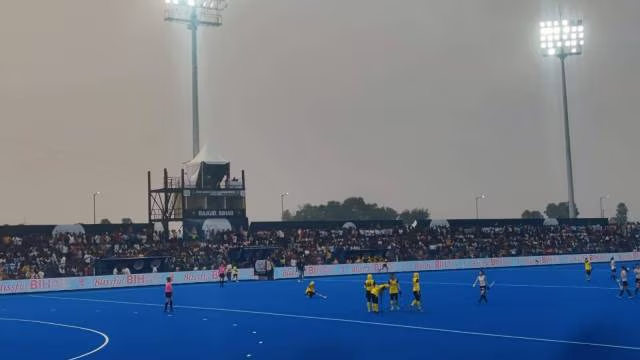Blog Credit: Trupti Thakur
Image Courtesy: Google
WADI
WADI is a water treatment solution for use at the household level, especially in rural areas of the Global South.
Water & HygieneBangladesh, Ethiopia, Ghana, India, Kenya, Philippines, Sri Lanka, Sudan, Uganda
In short, WADI is a solar-powered water disinfection system that operates “without the use of chemicals, batteries or filters”. Because of its pure use, WADI guarantees its users with safe, chemical-free drinking water.
Key Facts
- WADI is designed to treat water at the household level.
- WADI provides safe drinking water for 2,100 households, (more than 10,000 beneficiaries).
- WADI also creates high economic and environmental impact and a reduction of carbon emissions on household level.
- The solution disinfects more than 15.3 million liters of water per year.
- The treatment of drinking water at home prevents 39% of diarrhea cases compared to 11% when using improved water at the source.
Throughout the world, there have been several innovations to generate new portable clean water in developing nations. The latest of these innovations is WADI, a water purification system started by the Australian corporation Helioz.
According to Helioz’ research team, WADI is an easy to use, cost effective UV measurement device for solar water disinfection (SODIS). In short, WADI is a solar powered water disinfection system that operates “without the use of chemicals, batteries or filters”. Because of its pure use, WADI guarantees its users with safe, chemical-free drinking water.
The WADI device is simple and easy to use. A user simply fills in a PET bottle with water from any source, puts the WADI device on instead of the regular bottle cap, and exposes the bottle to sunlight and UV rays until the water in the bottle registers as clean on the device. If the water is still contaminated, the device will show a sad face to the user.
If the water has been purified, the device will register a smiley face on it’s small LCD screen. However, the device does face some challenges. Although the device shows serious advancement towards clean water around the world, it also has setbacks in areas where water sources and sunlight are scarce.
In areas where sunlight is scarce, the cleaning process might take up anywhere from 45 minutes to two days longer than normal. As a result people who are in desperate need for water resort to drinking contaminated, more accessible water, researchers say.
However, the self sufficient water purification system promises to take the world by storm. The project is expected to launch in developing nations in January 2014. Currently, Helioz is working on a funding campaign for the device.
The campaign will allow the company to create a further study on the effects the device has on remote villages such as Odisha, India. The study will also help the company customize their product depending on the area it is being used in.
Projects such as WADI show great promise towards completing worldwide water purification. However, only time, and user responses will tell if the project is a success.
Key Features
WADI is designed to treat water at the household level. A crucial point of action when it comes to preventing water-borne diseases, especially for the youngest community members under the age of five. A systematic study of various methods and strategies revealed that treatment of drinking water at home prevents 39% of diarrhea cases compared to 11% when using improved water at the source. Intervention on a household level is key for long-lasting impact. With WADI, HELIOZ is providing safe drinking water to thousands of families across India, Africa and Southeast Asia – creating high economic and environmental impact and a reduction of carbon emissions on household level.
Social Impact
More than 2.1 billion people worldwide have no access to clean drinking water. The consequences of that include waterborne diseases such as diarrhea and cholera. In rural areas of the Global South, innovative and sustainable solutions are needed to cope with the water crisis.
Just an example from the project implementation in Bangladesh: The coastal region of Bangladesh (Bagerhat District) is severely affected by climate change and lack of clean drinking water. Due to the low income of households in Bangladesh, families cannot afford water treatment technologies and are dependent on available resources like firewood to help with boiling water. Boiling water with firewood leads to diseases of the respiratory system and high carbon emissions. In addition, the purchase of firewood leads to a financial burden for families.
HELIOZ helps with:
- The provision of safe drinking water for 2,100 households, (more than 10,000 beneficiaries)
- The disinfection of more than 15.3 million liters of water per year
- Project area: Bangladesh
- Partner: HELIOZ & CDD Bangladesh
Future Plans
HELIOZ will focus on climate projects and the generation of CO2certificates for the European Market. Furthermore, HELIOZ will extend its product portfolio from a household-based solution (WADI) to a community-based solution (solar water treatment unit).
Main Target Group
Beneficiaries of HELIOZ projects with WADI are rural households in the Global South without access to clean drinking water. The implementation of those projects is financed through CSR programs or carbon credits generated through climate projects based on the WADI.
Main User
The main users of the WADI are households in rural areas of the Global South, which often depend on contaminated groundwater.
Price (in USD)
About $46 per WADI (trainings not included)
Blog By: Trupti Thakur

07
AugWADI
Aug 07, 2023Recent Blog
When Monuments Delisted !!Apr 08, 2025
The Frontier Technologies Readiness IndexApr 07, 2025
Vikram 3201 & Kalpana 3201Apr 04, 2025
The Open Weight Language ModelApr 03, 2025
Asia Cup 2025Apr 02, 2025




